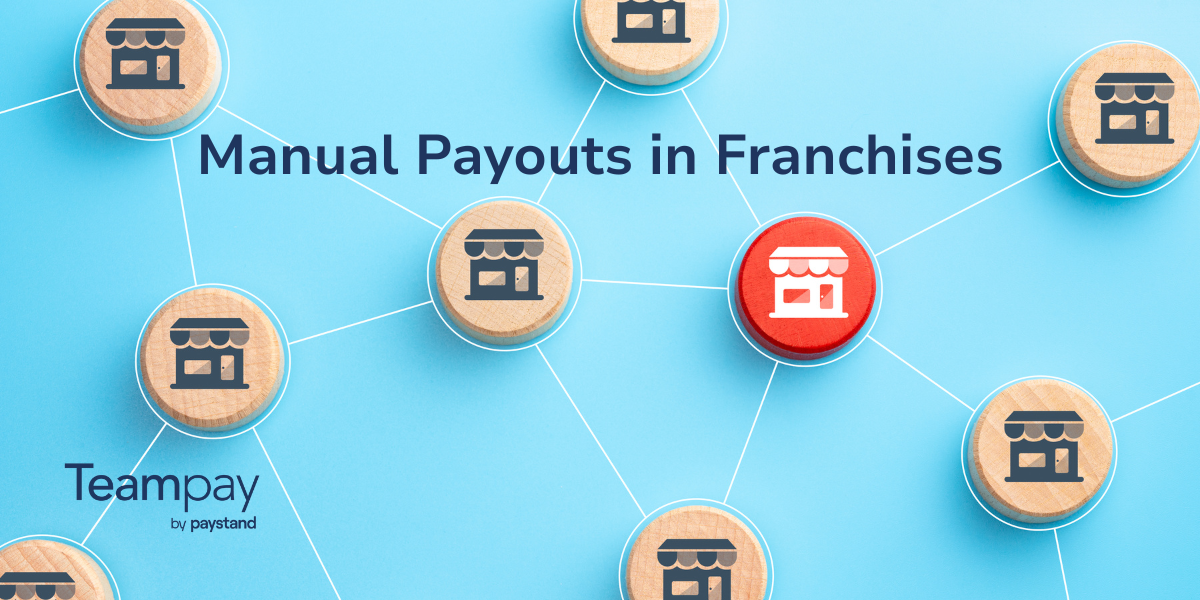The pandemic threw companies into a state of uncertainty—and it’s clear things won’t be going back to normal anytime soon. That means companies, and their finance departments, need to continue to find ways to be agile and adapt to an evolving workforce.
Finding that adaptability could mean adjusting the company to a permanently remote situation or creating a hybrid structure. Companies may need to find new tools and adopt new processes that aren’t as rigid. No matter what solutions a company adopts, the finance team must be ready to support them.
While no one can predict the future, finance departments can build resilience in their companies. At Teampay’s virtual Agile Finance Summit, you’ll learn about ways to stay agile. Check out some of the themes we’ll be discussing in our sessions.
Establish Business Continuity Plans for Multiple Situations
A business continuity plan is a living document that provides details on how an organization will keep operating if something throws a wrench in its plans. It’s more detailed than something like a disaster recovery plan, while still containing some of those elements. The main focus of a business continuity plan is how to continue operating to meet the needs of the organization, its employees, and customers.
By creating a business continuity plan that addresses multiple situations—from pandemics to cyber attacks to hurricanes—finance departments can quickly pivot and adjust when needed. When you work on that plan, apply the lessons learned during the pandemic, including both the mistakes made and successful adaptations.
Some best practices include:
- Making budgets flexible: When you leave room in your budgets, you’re able to adapt to changes more easily than if your budget doesn’t have any wiggle room. Find areas where you can afford to be flexible so you don’t have to make hard choices while in crisis mode.
- Planning for a remote workforce: The pandemic shed light on the fact that companies need to be adaptable and give employees a chance to work from home when it’s needed. A session at Teampay’s summit, Remote Finance and the Future of Work, hosted by financial experts from Amperity, Fandom, and Teampay, may give you some helpful tips on this.
- Addressing potential supply chain issues: In a global economy, with lots of moving parts, sometimes the supply chain gets disrupted. Put contingencies in your business plan to deal with issues like this when they arise, such as setting up alternate suppliers or establishing a communication plan with customers to keep them updated on what’s happening.
Focus on Employee Satisfaction and Productivity
During times of uncertainty, it’s more important than ever to show employees how much they are appreciated, as we’re learning from the Great Resignation. In order to retain and attract talent, you need to offer a best-in-class employee experience, from your benefits and work policies down to the tools you give employees for day-to-day processes.
One simple way to improve your employees’ experience is to simplify expense reporting. Running paper-based expense reports is a cumbersome and error-prone process. And during periods of upheaval, when staff needs support (such as for home office improvements or professional development courses), they shouldn’t have to wait for weeks to be reimbursed. Investing in your employees is great, but don’t do it at the expense of your finance team. Let them perform their best work with the right tools.
Invest in Finance Software for Flexible Work Arrangements
Software without automation or one that doesn’t operate in a cloud-based environment won’t work well for a finance department that needs to be agile and support flexible work arrangements—instead, finance departments should look to technology that streamlines processes and makes it easier to communicate with remote workers.
Finance can’t be agile without up-to-date information, but paper documents and on-premise software can’t give them that if they’re working remotely. They need access no matter where they are, and the same goes for other employees, too. They can’t easily submit expense reports or receipts in a paper-based system. Spend management software allows them to turn in receipts virtually.
The right spend management software can help make the finance department’s job easier and give them the information they need quickly. This software can help them by automating processes such as:
- Creating expense reports and invoices
- Inserting purchase requirements into employee workflows
If you need some guidance on how to switch to automation, there’s a great session during our virtual seminar titled Prepare to Automate: How to Set Your Finance Team Up for Success hosted by representatives from Attivo, CLA, and Teampay.
Implement Continuous Accounting
Continuous accounting is the process of reconciling the company’s books throughout the day so that the finance team is able to closely monitor funds and have the most up-to-date financial information at all times. This process involves automation, which helps make finance teams more efficient and accurate so that they’re able to be proactive instead of reactive in any situation.
When finance departments implement continuous accounting instead of waiting until month-end, they have real-time visibility into what’s being spent and how. They’re also able to identify and correct errors immediately instead of waiting.
Continuous accounting also helps your finance team adjust as they go or make necessary changes if a disruption occurs. They can rapidly pivot when needed to help the company make data-driven decisions about what needs to happen, even when confronted with uncertain times.
Register for Teampay’s Virtual Agile Finance Summit
Ultimately, the best way finance teams can prepare for the future is to learn from other professionals who are going through the same process.
Get tips from industry experts on how your finance department can stay agile at Teampay’s virtual Agile Finance Summit on October 13–14, 2021. At our summit, we’ll have leaders from firms like Mosaic, Deloitte, Eventus, Plastiq, and more discussing all the ways that companies and their finance teams can ensure long-term success in their organizations. Come find out how finance departments can be agile and adapt to an ever-changing world. You can register to attend this free event here.












